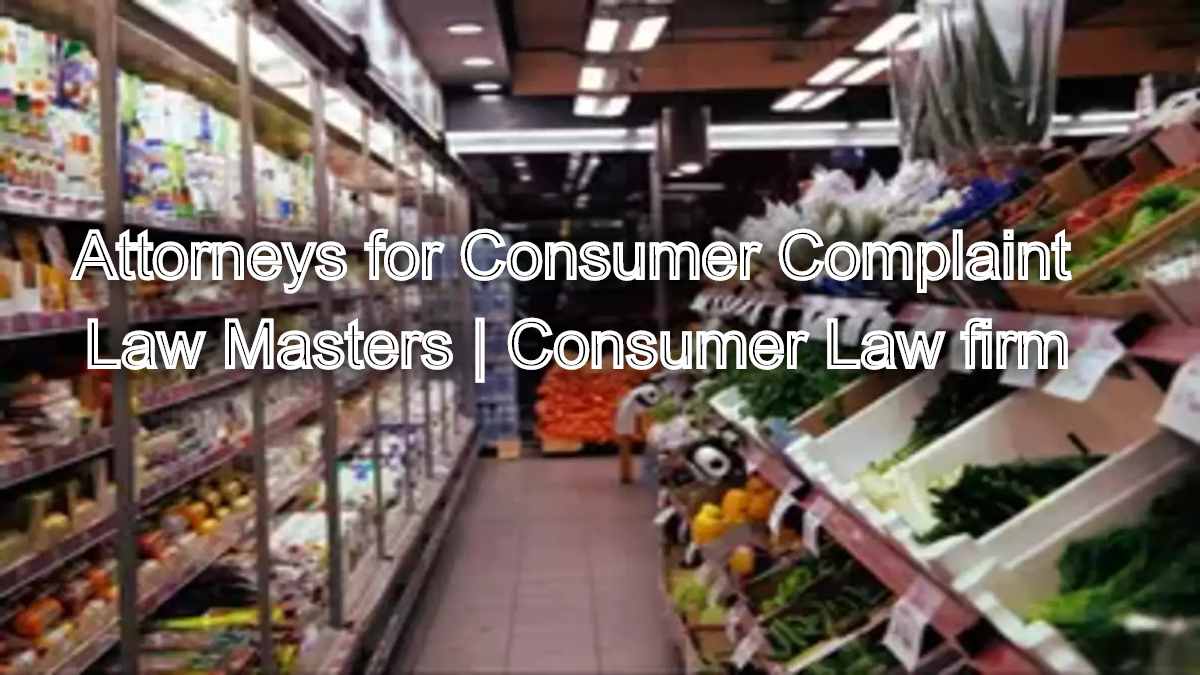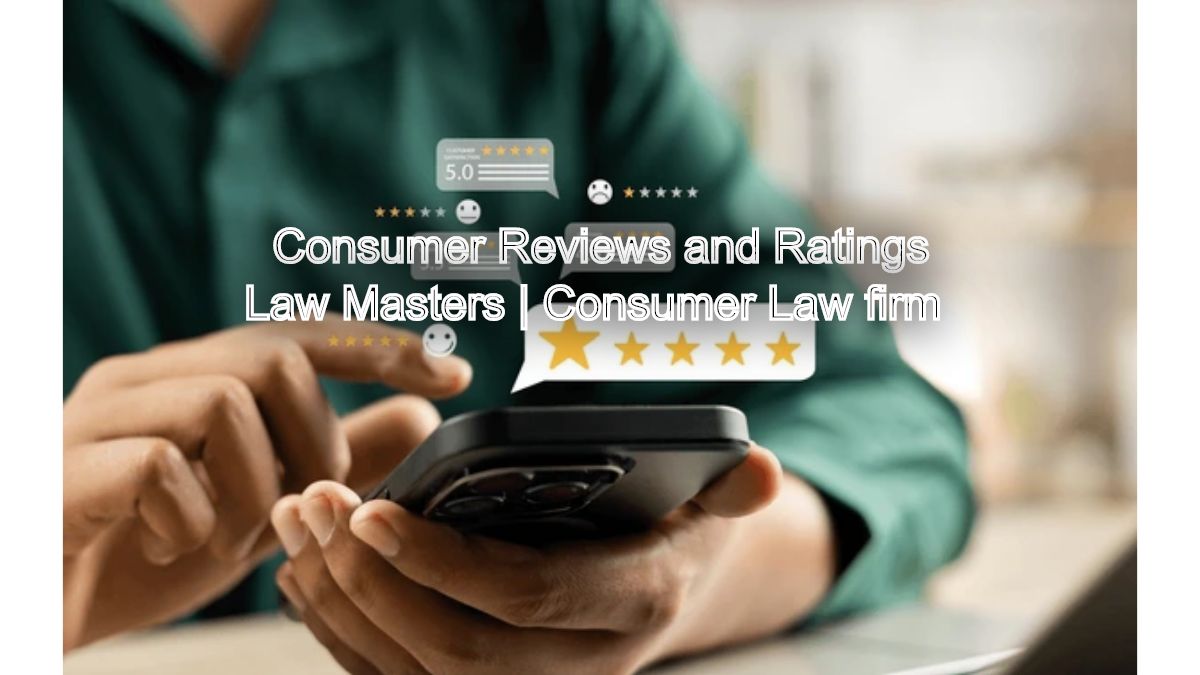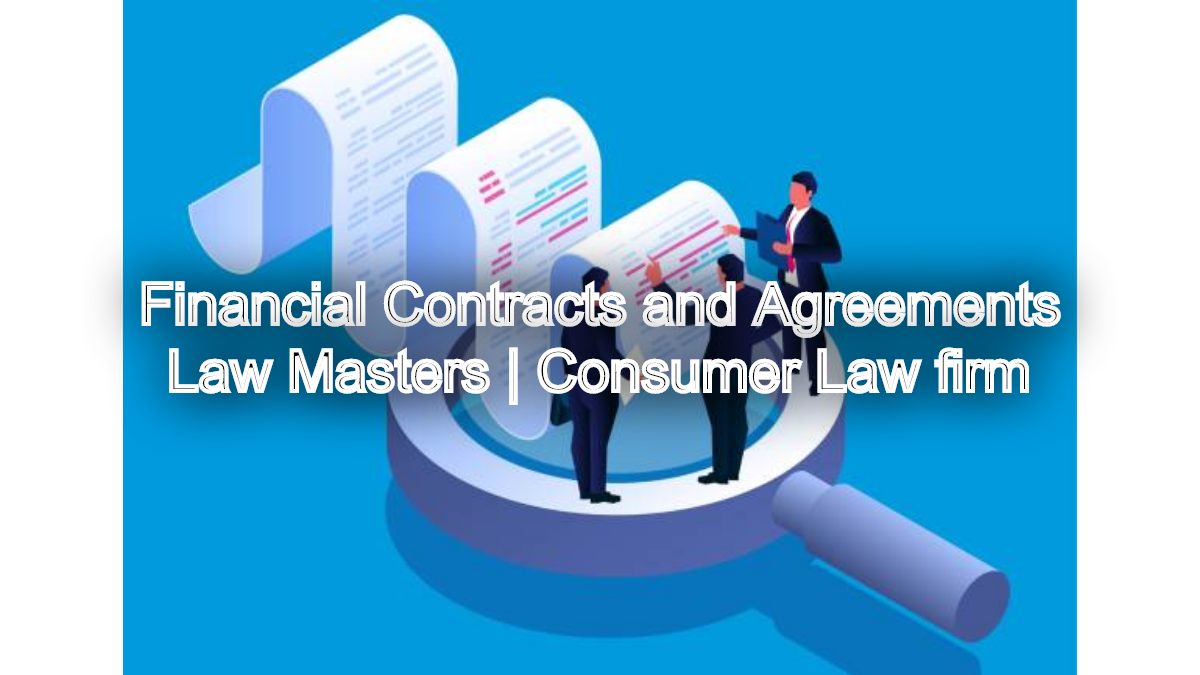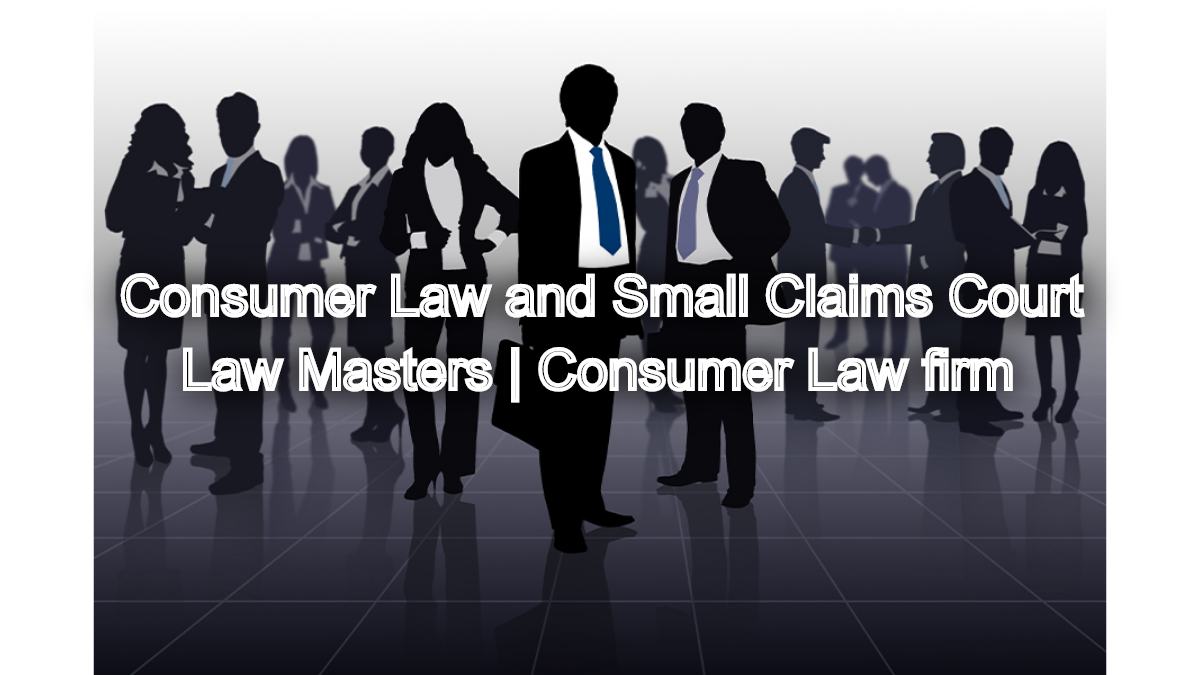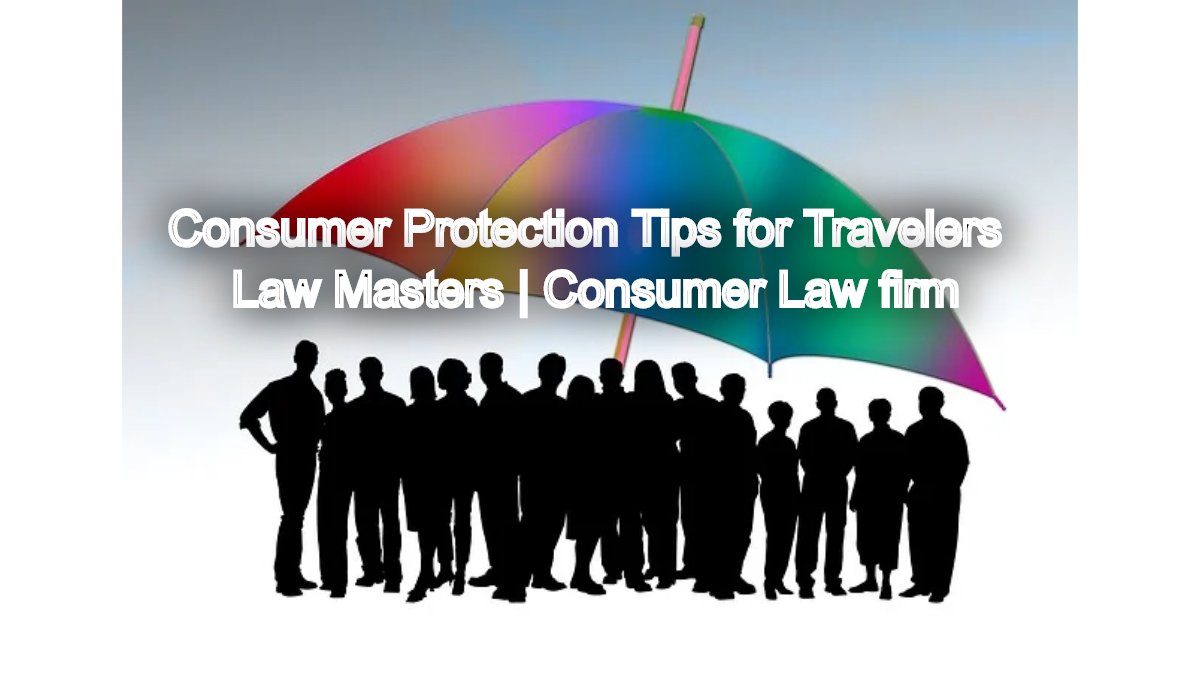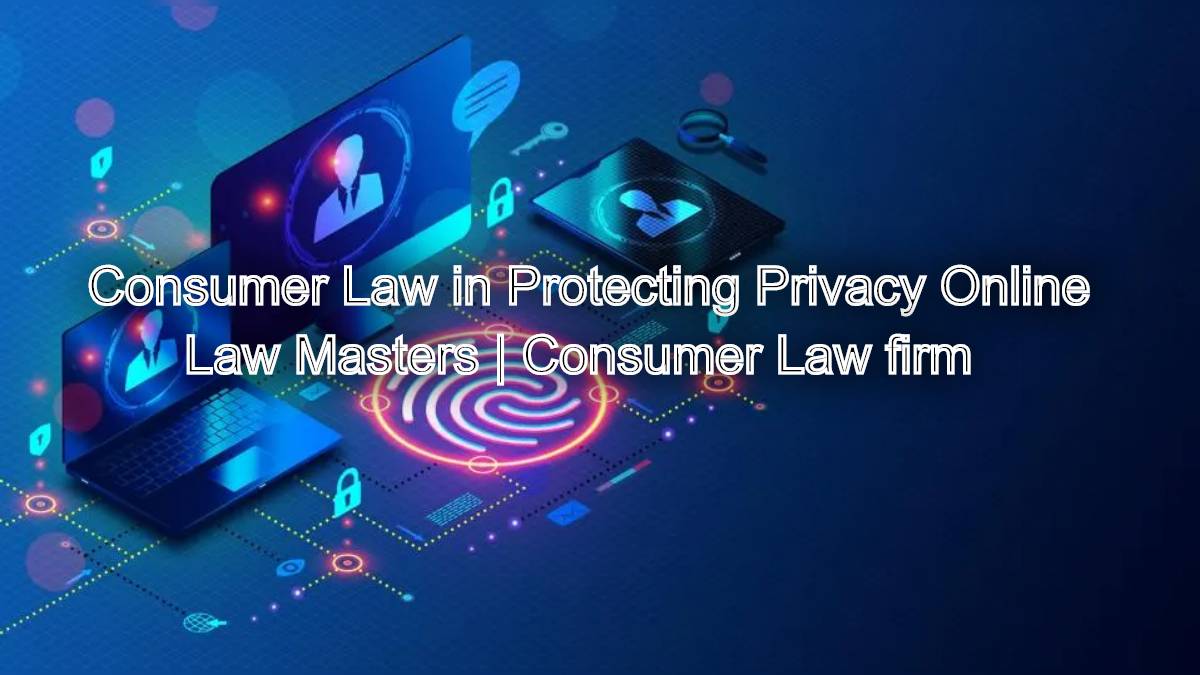Protect Your Rights: In the dynamic landscape of Indian education, students and parents often find themselves facing issues that warrant legal intervention. Indeed, schools, while institutions of learning, are also service providers, and when they fail to deliver on their promises, consumer rights are violated. Therefore, understanding your rights and knowing how to assert them is crucial. In this regard, Law Masters, a leading consumer law firm with the best consumer lawyers available 24/7, stands ready to protect your rights in consumer complaints against schools.
Standing Up for Students: Consumer Complaint Attorneys Against Schools in India – Law Masters
Understanding Consumer Rights in Education
Protect Your Rights: Firstly, let’s establish the foundation: consumer rights. Specifically, the Consumer Protection Act, 2019, provides a robust framework for safeguarding consumer interests. Essentially, this act defines a consumer as anyone who avails of services for a consideration. Consequently, schools, offering educational services for fees, fall squarely within this definition. Moreover, students and parents, paying these fees, become consumers entitled to protection.
Furthermore, consumer rights in education encompass various aspects. For instance, these include the right to quality education, the right to transparent fee structures, and the right to fair treatment. Additionally, schools are obligated to provide accurate information regarding their facilities, curriculum, and faculty. Thus, any deviation from these commitments constitutes a deficiency in service.
Common Grievances Against Schools
Protect Your Rights: Now, let’s explore some common grievances that lead to consumer complaints. To begin with, schools often engage in unfair trade practices. For example, they might charge exorbitant fees without justification or impose hidden charges. Similarly, they might fail to provide promised facilities, such as laboratories, libraries, or sports equipment. Moreover, they might deviate from the prescribed curriculum or employ unqualified teachers.
Subsequently, schools sometimes engage in discriminatory practices. For instance, they might deny admission or expel students based on arbitrary grounds. Additionally, they might fail to address bullying or harassment incidents effectively. Furthermore, they might mishandle examination processes, leading to unfair results. In essence, any action that violates a student’s right to fair and equitable education is actionable.
The Role of Law Masters: Your Legal Shield
Clearly, navigating the complexities of consumer law requires expert guidance. Thus, Law Masters provides comprehensive legal services to address consumer complaints against schools. Specifically, their team of experienced consumer lawyers offers personalized assistance to each client. Moreover, they understand the emotional and financial distress that educational grievances can cause. As a result, they approach each case with empathy and dedication.
Firstly, Law Masters assists in drafting and filing consumer complaints. Notably, they ensure that the complaint is well-articulated and supported by relevant evidence. Furthermore, they represent clients before consumer forums and courts. Additionally, they handle all aspects of the litigation process, from filing documents to presenting arguments. In other words, they take the legal burden off their clients’ shoulders.
Secondly, Law Masters provides expert advice on legal rights and remedies. For instance, they explain the provisions of the Consumer Protection Act and other relevant laws. Similarly, they advise on the appropriate course of action based on the specific circumstances of the case. Moreover, they negotiate with schools on behalf of their clients, seeking amicable resolutions. In particular, they strive to achieve fair compensation and redressal for their clients.
Legal Terms and Procedures
Undoubtedly, understanding legal terms and procedures is essential for effective advocacy. Specifically, some key terms include:
- Consumer Protection Act, 2019: The primary legislation governing consumer rights in India.
- Deficiency in Service: Any deviation from the promised or expected standard of service.
- Unfair Trade Practice: Any deceptive or misleading practice used to promote a product or service.
- Consumer Forum: A quasi-judicial body established to adjudicate consumer disputes.
- Compensation: Monetary relief awarded to a consumer for losses suffered.
- Redressal: Actions taken to rectify a deficiency in service.
- Notice of Deficiency: A formal communication highlighting the shortcomings of the service provider.
- Litigation: The process of taking legal action in court.
- Arbitration/Mediation: Alternative dispute resolution methods.
Furthermore, the legal procedures often involve filing a complaint, serving a notice, presenting evidence, and attending hearings. Thus, having legal professionals who are well-versed in these procedures is critical.
Ensuring Justice and Accountability
Importantly, Law Masters is committed to ensuring justice and accountability in the education sector. Therefore, they advocate for transparency and fairness in school practices. Moreover, they empower students and parents to assert their rights and seek redressal. As a result, they contribute to creating a more equitable and accountable education system.
Additionally, Law Masters understands the importance of timely and efficient service. Specifically, they provide 24/7 availability to address urgent concerns. Similarly, they maintain clear and transparent communication with their clients. Moreover, they provide personalized legal solutions tailored to the specific needs of each client. As a result, clients can be confident that their cases are handled with utmost professionalism and efficiency.
Frequently Asked Questions
Answer: Common issues include unfair fee structures, failure to provide promised facilities, deviation from the curriculum, discriminatory practices, mishandling of examinations, and any other deficiency in service as defined by the Consumer Protection Act, 2019.
Answer: Students and parents who have paid fees for educational services are considered consumers and can file a complaint. Anyone who has availed of the service, and paid for it, can be considered a consumer.
Answer: The primary legislation is the Consumer Protection Act, 2019. This act safeguards consumer rights and provides mechanisms for redressal against deficiencies in service and unfair trade practices.
Answer: The process involves drafting a detailed complaint with supporting evidence, filing it with the appropriate consumer forum, serving a notice to the school, presenting evidence during hearings, and seeking appropriate remedies like compensation or redressal. Legal professionals can greatly assist in this process.
Answer: Legal professionals, like Law Masters, provide expert guidance on consumer rights, assist in drafting and filing complaints, represent clients in consumer forums, and ensure effective advocacy. They ensure that the due process of the law is properly carried out, and provide proper legal council.
Conclusion
In summary, consumer complaints against schools are a legitimate avenue for seeking justice. However, navigating the legal landscape requires expert guidance. Therefore, by partnering with Law Masters, you can protect your rights and ensure accountability. Consequently, you can contribute to fostering a fair and just education system. Ultimately, Law Masters empowers students and parents to stand up for their rights and seek redressal.
Read More
- What are the responsibilities of businesses under consumer Law?
- A Step-by-Step Guide for Addressing Education and Public Interest Legal Issues: Empowering Advocacy
- Recent Changes in Consumer Protection Laws in India: What You Need to Know
- Common Consumer Complaints Resolution Guide: How to Seek Legal Counsel?
- Know Your Rights: A Comprehensive Guide to Common Consumer Protection Laws in Chennai, India
- Ministry of Education (MoE):




